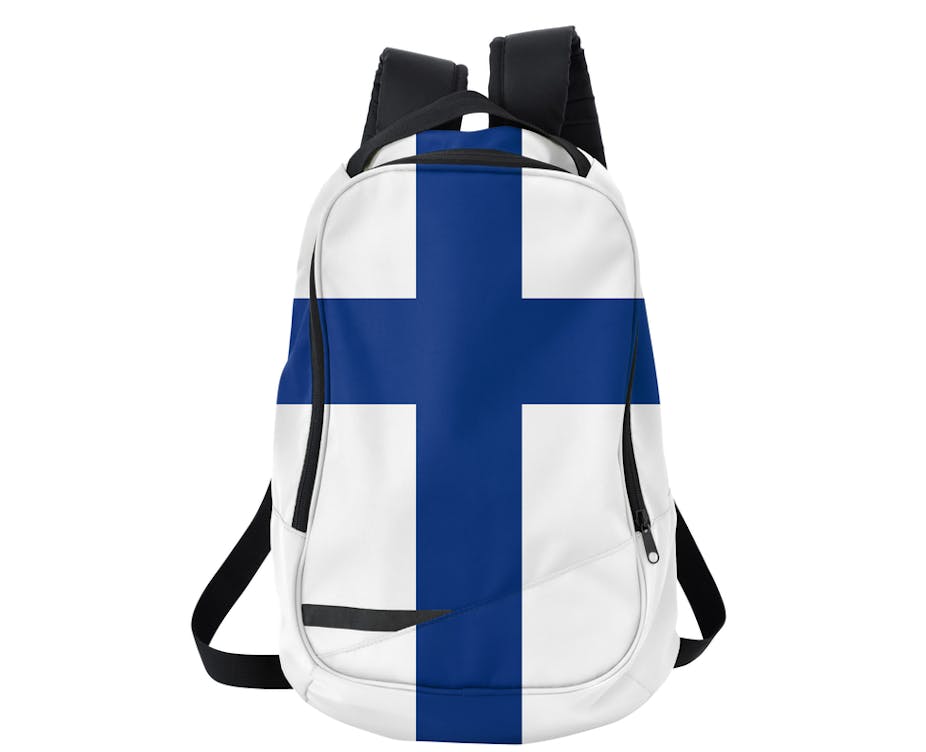It easy to lampoon education reforms in Finland that aim to scrap the teaching of traditional subjects in favour of broader topics. The new initiative could see history, geography and languages replaced for periods by interdisciplinary “phenomenon-based” projects on topics such as the European Union. Instead of sitting in rows learning facts about the world, pupils can rush around corridors or the web and collect information in a spirit of “joyful learning”.
Ridicule was my immediate response but what is happening has serious and sad consequences. It will ultimately waste not only children’s time, but their education.
The reasons given in Finland for the reforms are a familiar: this set of initiatives is necessary to meet the challenges of working life in “modern society”. What it means is that education is no longer valued for its own sake but is seen as having instrumental value for the economy. This is often supported by claims about how to stop education being boring and make it more relevant through new pedagogic practices. The pattern is the same across the world and we are seeing a shift from a concern with classroom content to a concern with practice.
There is a lesson here for every teacher and parent. Even in a country often lauded as an educational success story, if you do not understand why your education system was excellent you can still throw it away.
Knowledge and skills
The idea of being “modern” and promoting projects, multi-disciplinary activities and communication skills instead of traditional subjects is a rejection of education. But some people, including a few of my colleagues, celebrate this shift and one praised it as “thinking outside of the box”. I was even invited to celebrate this change by watching a live streamed event which would emphasise “Finland’s recent decision to de-silo”.

Any ridicule or celebration needs to be understood in the context of the major educational debate of the 21st century between education as subject-led or as skills-led. Finland is clearly making a turn towards skills. Despite a recent article on The Conversation in which Harvard scholar Pasi Sahlberg argued that subjects in Finland will not be scrapped altogether, we should be worried.
The mistake that educationalists and politicians make about education in Finland, China, or whichever country comes top in the Programme for International Student Assessment (PISA) rankings, is to assume that the reason has something to do with the peculiarities of the education system. In Finland’s case the quality of teaching, the teacher education system, the absence of examinations, the training, professional freedom and status of teachers, have all been advanced as some of the many and varied reasons why the education system was outstanding.
High expectations matter
Both the detractors of the changes in Finland and those who embrace them may think success depends on the technical design and teaching of the educational system. But it is not the activities that go on in the classroom that determine excellent outcomes. I’d argue that it is ultimately down to social and cultural factors.
My view is that the decisive factor in Finland’s educational success is the high expectations of children expressed by politicians, teachers, parents and communities. This is well known since the decision in the 1960s to make education the focus of economic success – although also criticised as Stalinist because of it reliance on teacher-centred, textbook-led education.
Whatever criticisms people make of these developments, what was distinctive about Finland in the latter part of the last century was high educational expectations and 75% of Finnish people recognise the historical importance of the move to comprehensive education. There was, however, concern in the mid-1990s that these high educational expectations were so demanding that they were damaging to pupils’ self-esteem.
These cultural expectations will determine the structure of the education system and subject-based teaching was the form that high educational expectations took in Finland’s schools. The move away from subjects towards topics that is part of Finland’s new National Curriculum Framework (NCF) is, therefore, a signal that those high educational expectations are going from Finnish culture.
It is tempting to say that the methods don’t matter if general expectations are high; but if the there are no expectations that children will come away with specific knowledge, then they have little chance of being engaged with learning, however they are taught.
Work-ready, not knowledge-based
The reforms are an attempt to offer something that just gets pupils ready for work. Those who think that “phenomenon-based” teaching won’t get rid of knowledge, but will just restructure the way it is taught for some periods of the year, are turning a blind eye to the fundamental nature of the shift that is occurring. If it accelerates, as it may without opposition, it will make education in Finland – whether it is labelled “vocational” or “academic” – just training for a job.
Finland may be cut up about its drop in the PISA rankings, but wanting to rise again in a league table is not a sign of high expectations but of panic. The new policy shift does not focus on education as an important way to transform society but seeks to transform education to meet perceived new economic demands and, perhaps even more narrowly, to remedy Finland’s position in the league tables. This may show high expectations of an instrumental sort, but these are not high educational expectations.
If Finnish teachers are as educated and independent as we are told they are, the first step towards defending high educational expectations would be for them to oppose the NCF and campaign to keep knowledge in and kick “phenomenon-based” meddling out of schools.

